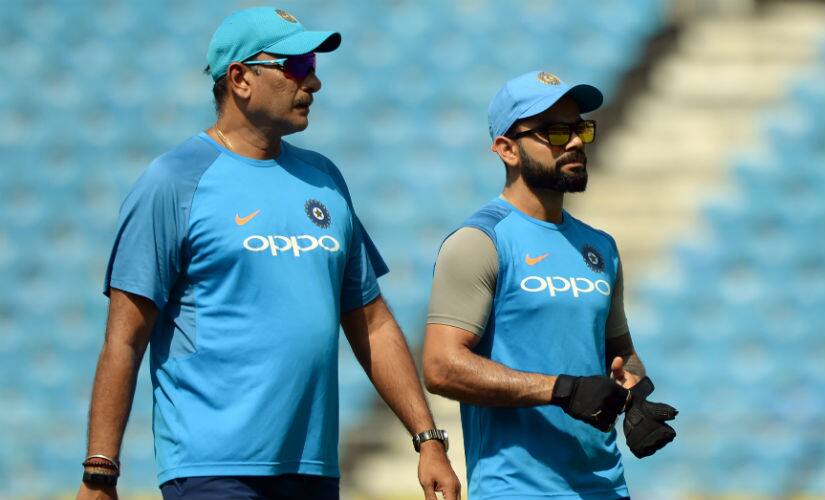“We are unchanged”, remarked Rohit Sharma after the toss when speaking of the team composition for the second T20I against Sri Lanka at Indore. At first glance, it seems like the obvious. India had thrashed the Lankans by a massive 93 runs in Cuttack– their largest victory in terms of runs in T20Is – and it made little sense to tweak a “winning combination”. A word used so often by teams on a victorious roll – winning combination. What exactly is a winning combination? Is it keeping the eleven in the team intact because they have won a certain amount of games on the trot? Is it ignoring the performance of the non-performers just because the team is doing well? Is it a superstition to not change a “winning-formula” (don’t even get me started on that word) which apparently equates to a winning combination? In reality, a winning combination is, or rather should be, something where a team is picked based on the conditions, opposition, current needs, future considerations et al. In India’s case, they have been thrashing Sri Lanka left, right and centre over the course of the year. One single man has overpowered a whole team if you may call it that (I do not even need to stress on the name here). That man has hit a whopping 25 sixes against the Lankans in the month of December alone. This isn’t EA Cricket we are talking about. No, not backyard cricket either. This is international cricket where teams are supposed to show grit, fight and some kind of resolve. [caption id=“attachment_4272187” align=“alignnone” width=“825”]
 It is extremely excruciating to judge a player from a game or two in a format that lasts for a mere 20 overs per side. AFP[/caption] But Sri Lanka’s woes are for a different discussion. It is India’s failure to understand the fact that Sri Lanka have been so below par. The Indore match could have been an ideal opportunity for them to break their winning combination without affecting their chances of victory. But no, that wasn’t to be. “We are unchanged” effectively meant that four young talents – Washington Sundar, Basil Thampi, Deepak Hooda and Mohammad Siraj – picked on the basis of their domestic performances are left carrying drinks while the experienced players continue to boost their batting and bowling averages by thumping the mediocre opposition. Of course, with India 2-0 up in the series, these youngsters might get to play the dead rubber on Sunday to showcase their talents before Christmas and celebrate the festival knowing that they are a capped Indian international. But does the joy last? History suggests that India have this faux pas of dumping young recruits after a game or two. Not convinced? In the recently-concluded ODI series against Sri Lanka, India played the very same team for the first and the last ODI with the only change in the second ODI being Washington Sundar playing in place of Kuldeep Yadav. There was Siddharth Kaul in the squad who did not get a single game and is rather unlikely to make it to the touring party to South Africa when India play ODIs next. Prior to that as well, something similar happened in the T20Is against New Zealand. The only change from the first T20I squad to the second that time around was a forced one – Ashish Nehra had retired following the first match and was replaced by Siraj for the second. He was promptly left out for the decider at Thiruvananthapuram after a horrendous show with the ball (he went for 53 in his four overs). It could have happened to anybody. It is after all a format where the odds are stacked in favour of the men with the willow. Given India’s trend in the past few years, Siraj is lucky to be still in the T20I squad. He may or may not get an opportunity in the final match of the ongoing series, but the point is that most youngsters India have recruited in the recent past have been unceremoniously dumped after a trial run which includes a handful of matches. The list below shows some of the players India have tried in T20s since 2014 and dumped before they played their fourth game.
Most youngsters India have recruited in the recent past have been unceremoniously dumped after a trial run which includes a handful of matches.
Advertisement
End of Article


)

)
)
)
)
)
)
)
)



